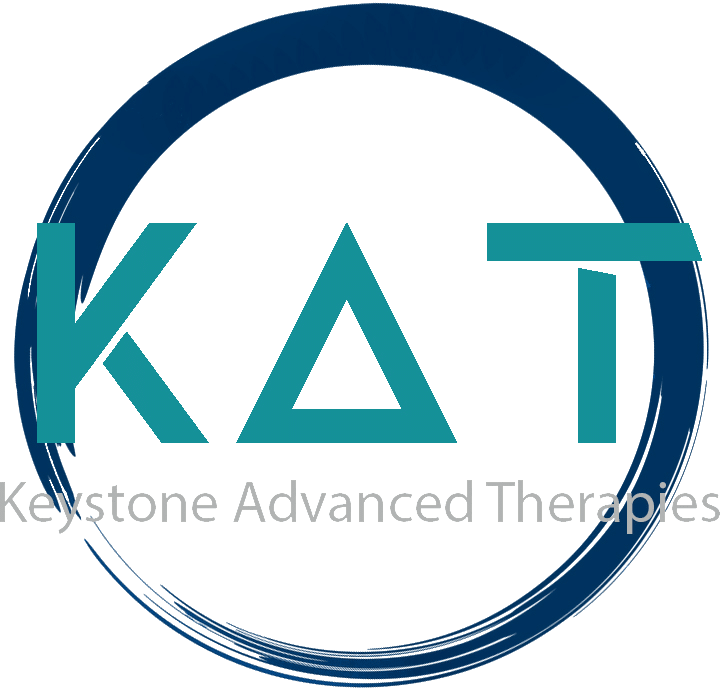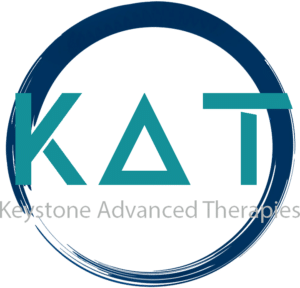Eating disorders are complex conditions that have a significant impact on both physical and mental health. It is crucial to understand the various types of eating disorders, their symptoms, and the potential consequences they can have on individuals’ overall well-being. Early treatment plays a vital role in improving recovery outcomes for those struggling with eating disorders. In West Lawn, PA, individuals can find compassionate care and evidence-based treatment options to support them on their journey towards recovery. With the right assistance and guidance, individuals can receive the help they need to overcome their eating disorder challenges.
Exploring Different Types of Eating Disorders
Eating disorders encompass a range of conditions that can have severe consequences on individuals’ physical and mental health. Understanding the different types of eating disorders is essential in order to provide appropriate support and treatment.
Anorexia Nervosa
Anorexia nervosa is characterized by an intense fear of gaining weight, leading to severe restrictions in food intake and extreme weight loss. Common symptoms include significant weight loss, distorted body image, and an obsession with food and calories. Factors contributing to the development of anorexia nervosa can include genetic predisposition, societal pressures, and psychological factors such as low self-esteem or perfectionism.
Bulimia Nervosa
Bulimia nervosa involves recurrent episodes of binge eating followed by compensatory behaviors such as self-induced vomiting or excessive exercise. Individuals with bulimia nervosa often experience feelings of guilt, shame, and a lack of control over their eating habits. Causes and risk factors associated with bulimia nervosa may include a combination of genetic, environmental, and psychological factors.
Understanding the nuances between these different types of eating disorders is crucial for accurate diagnosis and effective treatment approaches.
The Importance of Early Treatment and its Impact on Recovery
Early treatment for eating disorders is crucial in promoting successful recovery outcomes. Recognizing the signs and symptoms of an eating disorder and seeking help promptly can make a significant difference in an individual’s journey towards healing.
Recognizing the Signs and Seeking Help
Being aware of the warning signs indicating the need for treatment is essential. These signs may include dramatic weight loss, obsession with body image, extreme food restriction, binge eating episodes, or purging behaviors. It is important to understand that early intervention can lead to better recovery outcomes by preventing further physical and psychological complications.
Supportive Therapies and Interventions
In addition to timely intervention, supportive therapies play a vital role in treating eating disorders. Therapeutic approaches such as cognitive-behavioral therapy (CBT), dialectical behavior therapy (DBT), and family-based therapy (FBT) have shown effectiveness in addressing the underlying causes of disordered eating behaviors. The involvement of family and friends in the recovery process can provide invaluable support, encouragement, and accountability.
By recognizing the signs of an eating disorder early on and seeking appropriate help, individuals can access the necessary resources to begin their journey towards recovery.
Eating Disorders Help In West Lawn, PA
If you or someone you know is struggling with an eating disorder in West Lawn, PA, our clinic offers comprehensive support and evidence-based treatment options.
Our Clinic and Services
At our clinic in West Lawn, PA, we provide a safe and welcoming environment for individuals seeking help for their eating disorders. Our team of experienced professionals specializes in the treatment of eating disorders and understands the unique challenges that come with these conditions. We offer a range of evidence-based treatment options tailored to meet each individual’s specific needs. From therapy sessions to nutritional counseling, our services are designed to address both the physical and psychological aspects of eating disorders.
Compassionate Care and Support
We believe that compassionate care is essential in the treatment of eating disorders. Our dedicated team is committed to providing understanding, empathy, and support throughout the recovery process. We recognize that every individual’s journey is unique, and we strive to create a supportive environment where individuals feel heard, validated, and encouraged. Alongside evidence-based treatments, we offer additional supportive services such as group therapy sessions and educational resources for individuals and their families.
If you are looking for assistance with your eating disorder recovery in West Lawn, PA, our clinic is here to help you on your path towards healing.
Taking a Comprehensive Approach to Eating Disorder Treatment
Addressing both the physical and mental health aspects of eating disorders is crucial for effective treatment and long-term recovery. A comprehensive approach that considers all aspects of an individual’s well-being can lead to better outcomes.
Addressing Physical and Mental Health
Eating disorders often coexist with other mental health conditions such as anxiety, depression, or obsessive-compulsive disorder. It is important to recognize the connection between eating disorders and these co-occurring conditions. By addressing both the physical and mental health aspects simultaneously, individuals can receive integrated care that targets the root causes of their disordered eating behaviors. A holistic approach may involve therapy sessions, medication management, and other evidence-based interventions tailored to each individual’s needs.
Nutritional Counseling and Meal Planning
Nutrition plays a vital role in eating disorder recovery. Nutritional counseling helps individuals develop a healthier relationship with food by providing education on balanced nutrition, meal planning, and portion control. Creating a balanced meal plan that meets an individual’s nutritional needs while accommodating their specific dietary preferences is essential in supporting their physical well-being during recovery. Nutritionists or registered dietitians work closely with individuals to establish personalized meal plans that promote nourishment, satisfaction, and overall wellness.
By taking a comprehensive approach that addresses both the physical and mental health aspects of eating disorders, individuals can experience a more holistic recovery journey.
Get the Help You Need for Understanding and Treating Eating Disorders
Finding the right resources and support is essential when it comes to understanding and treating eating disorders. Whether you are an individual struggling with an eating disorder, a concerned family member, or a healthcare professional, there are resources available to assist you.
Resources for Individuals, Families, and Healthcare Professionals
For individuals who are struggling with eating disorders, there are numerous helpful resources available. These resources may include helplines, online support groups, educational websites, and self-help books specifically tailored to address the challenges of eating disorders. These resources can provide valuable information, coping strategies, and guidance throughout the recovery process.
Families of individuals with eating disorders also require support. There are resources available that offer education on eating disorders, guidance on how to support their loved ones during treatment, and information on navigating the complexities of recovery as a family unit.
Healthcare professionals who work with individuals with eating disorders can benefit from specialized training and educational materials. These resources provide up-to-date information on evidence-based treatments, best practices in care delivery, and strategies for effective intervention.
By accessing these resources and seeking appropriate support, individuals, families, and healthcare professionals can gain a better understanding of eating disorders and access the help they need.
Conclusion
Early access to treatment is crucial for effective recovery from eating disorders. By seeking help promptly, individuals can receive the support they need to overcome their challenges and achieve lasting recovery. In West Lawn, PA, there are comprehensive and compassionate care options available for those struggling with eating disorders. Treatment options such as therapy, nutritional counseling, and supportive services can make a significant difference in the recovery journey. Understanding and treating eating disorders require a holistic approach that addresses both the physical and mental health aspects of these conditions. If you or someone you know is in need of assistance with understanding and treating eating disorders, reach out to Keystone Advanced Therapies for support.










